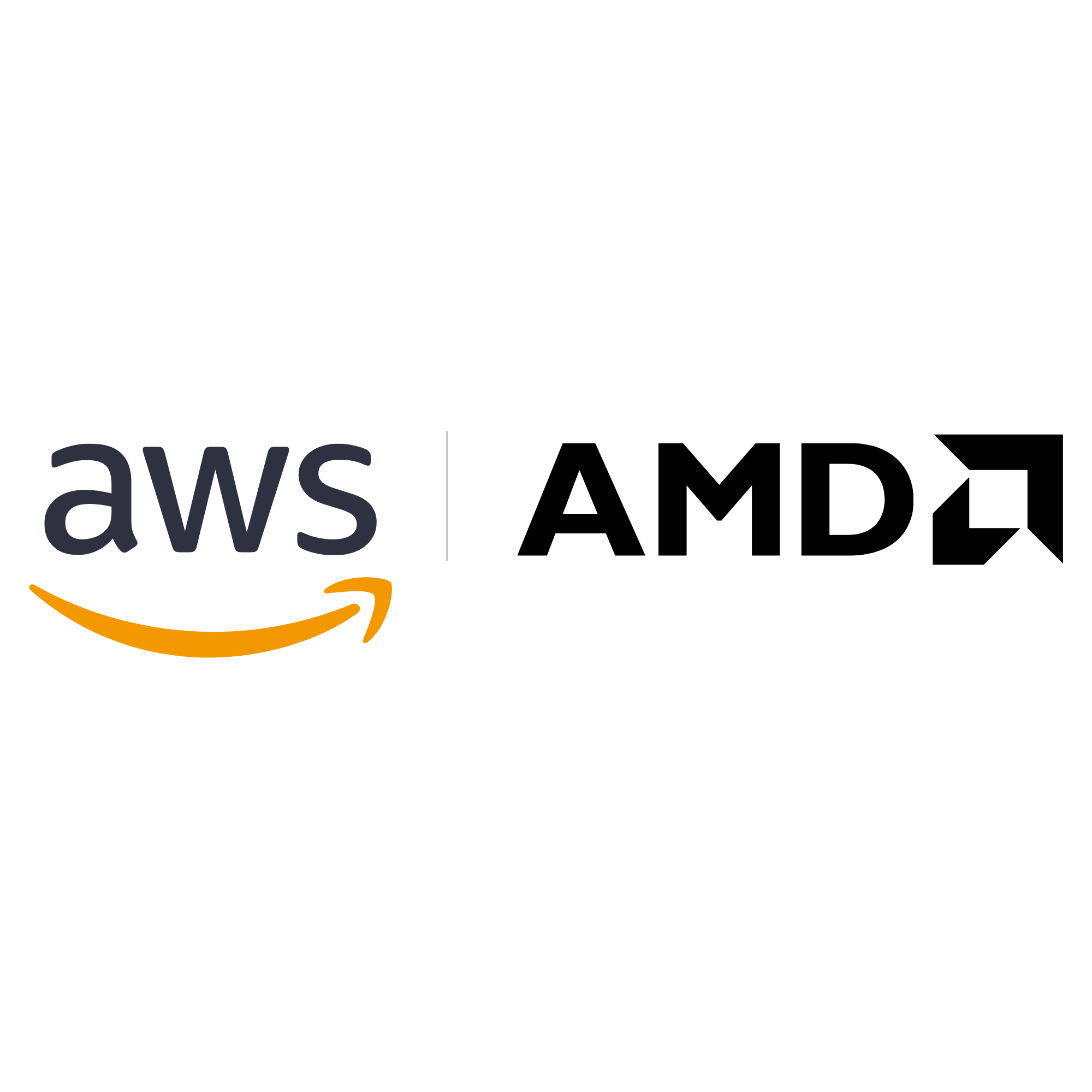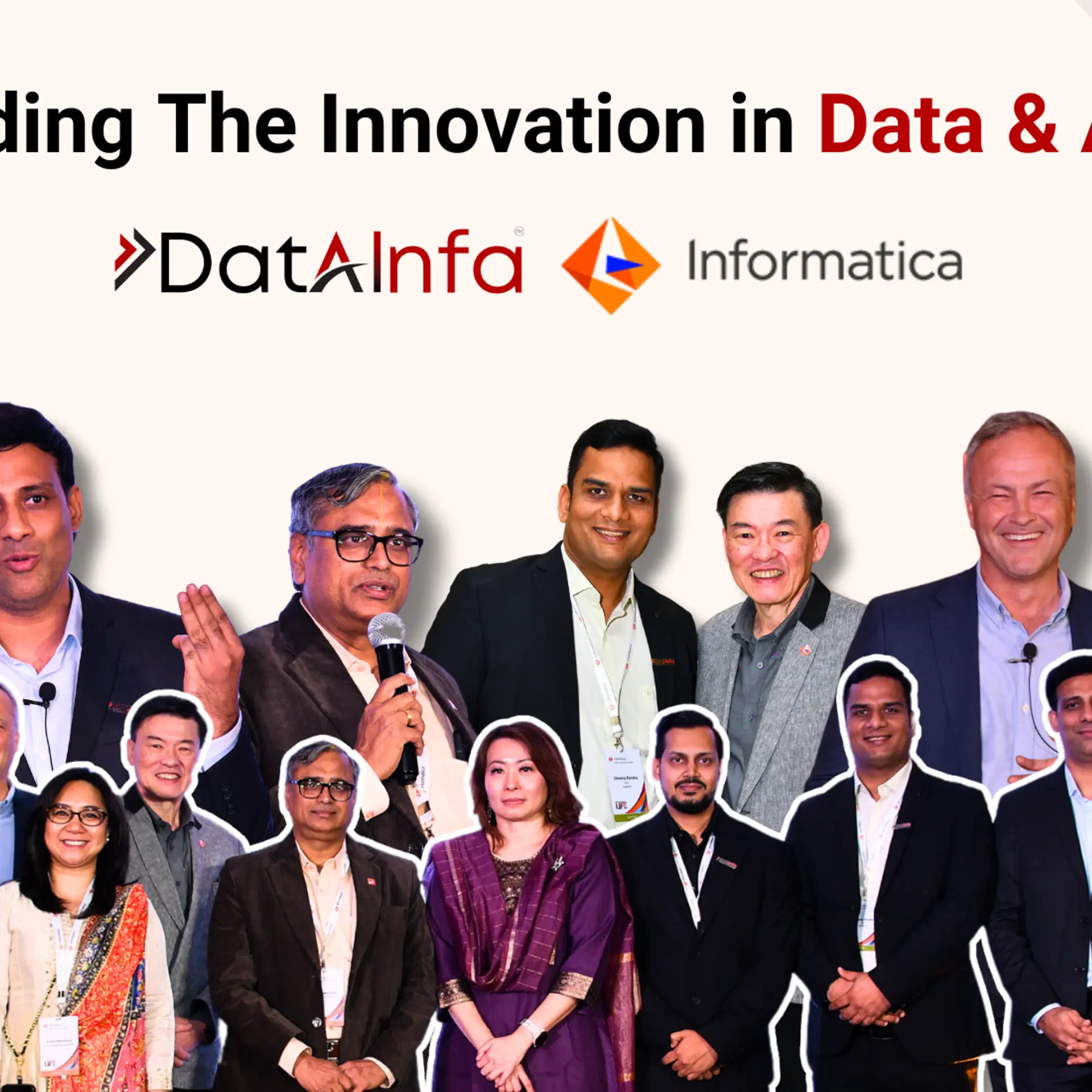
AWS | AMD
View Brand PublisherHow businesses are bracing for a new era of tax compliance
As indirect tax administration undergoes the biggest changes, Niraj Hutheesing of Cygnet.One explores how advanced technologies are helping streamline compliance processes and driving automation to capitalise on emerging opportunities.
With escalating regulatory pressure, the transformation of companies' tax and finance activities into data-powered operations becomes a crucial business goal.
As businesses face shifting tax governance requirements, the vision for digitalization of indirect tax requires a brand-new mindset. The transition from traditional tools like spreadsheets to integrated, automated systems is becoming essential for tax professionals striving to meet new challenges.
“No country in the world has evolved as fast as India in terms of digital taxation. Whenever I travel outside of India, the regulators I interact with all want to hear the India story to understand how we achieved the feat,” said Niraj Hutheesing, Founder and Managing Director of Cygnet.One, a tech-driven platform that is transforming tax and finance.
Hutheesing was speaking at a virtual fireside chat titled ‘Powering Progress: How Technology is Transforming Tax Compliance,’ hosted by AWS Bharat Innovators Series, in partnership with AMD and YourStory.
Expanding from a small team of seven to over a thousand employees serving clients across 35 countries, Cygnet.One leverages advanced technologies such as AI, machine learning and automation to manage tax compliance and make it more efficient, accurate and less onerous for businesses.
Sunil PP, India and South Asia Lead: Education, Space, NPO, Channels and Alliances, Amazon Web Services moderated the session.
The push for automation and integration
Tax is cumbersome, and businesses struggle to stay compliant.
Sharing his views on how businesses are evolving with comfort in using technology for taxation, Hutheesing said, “Until now, when we were into the value-added tax, service tax or excise regime, businesses were relying on their tax agents or chartered accountants despite the taxation being digital.”
“Businesses have now started evolving. To report e-invoices to the government, they had to start filing the tax online and opt for a clearance model where invoices had to be submitted in real-time. That created a complete transformation,” he underscored.
The complexity in India is very large. “For such a large complex ecosystem to have a taxation system which will allow them to comply 100% is very difficult,” Hutheesing pointed out. “We can only strive to be 100% compliant,” he noted.
To do the type of compliance that is required today, Hutheesing believes technology is key. According to him, several companies today provide managed services and deploy manpower to deliver work but that is only restricted to Excel.
“Responding to government notices requires having all the data in the data warehouse, else it's impossible to comply with the GST law to any reasonable level in today’s time,” he said.
Success stories for tax transformation
Hutheesing cited two case studies that he resonates strongly with.
Refusing to take names, he narrated a use case of how the largest bank in India today once had over two crore invoices to be uploaded to the goods and services tax network server, which later had to be deleted due to an error in the data and re-uploaded, all within 48 hours.
“We wrote the code overnight. It's impossible to do this type of transaction through the front-end, so we had to write a back-end code to achieve the results they wanted. This opened the floodgates for us as a client, helping us in getting many more clients,” Hutheesing recalled.
The second one is with one of India’s largest fast-moving consumer goods companies. Cygnet.One helped the company with innovation across areas.
“When I asked them, why us? An interesting answer I received was that Cygnet.One consulted them on what they need to do today and what they need to achieve for tomorrow,” he said.
Out of Nifty 50, more than 22 are Cygnet.One’s clients. “We also partner with some of the largest organisations in the world, wherein we integrate each of our solutions and go to market together,” Hutheesing said.
The future: Gen AI and data sensitivity
Taxation involves a lot of analytics. And as organisations increasingly look to AI for efficiency gains, Hutheesing pointed out that the foundation for leveraging AI starts with having a data warehouse.
Few years down the line, he mentioned, areas such as mechanical work, articulation of data points and developing new areas of business would be highly impacted by Gen AI.
As the tax function continues to face growing demands in an ever-evolving regulatory environment, the integration of technology, people, and processes will be key to staying ahead. Clearly, the future of tax compliance will contain a strong focus on the emergence of e-invoicing and other digital innovations that are poised to revolutionise how businesses and individuals comply with government tax regulations.
The Bharat Innovator Series serves as a platform for founders, policymakers, and thought leaders to engage in meaningful discussions about technology opportunities. This initiative aims to foster dialogue, address challenges, and explore synergies for the future. The series features webinars, podcasts, and events that spotlight the exceptional work of Indian innovators spanning various domains.







